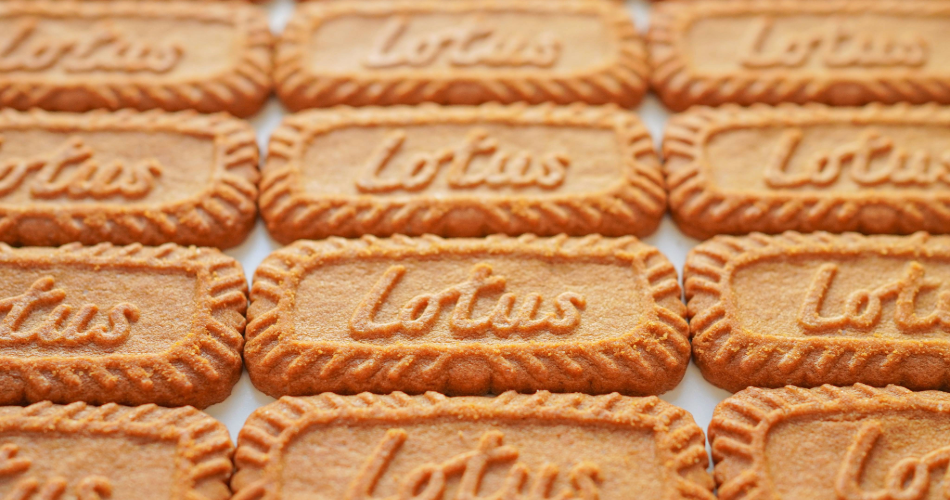
In July 2024, the Intellectual Property Enterprise Court (IPEC) handed down their decision in AGA Rangemaster Group Limited v UK Innovations Group Limited [2024] EWHC 1727 (IPEC). The case provides some useful guidance about exhaustion as a defence to trade mark infringement in the UK in the market for second-hand goods, and the circumstances in which trade mark owners can still object to the further dealings in their goods.
Background
The claimant, AGA Rangemaster Group Limited (AGA), manufactures and sells the well-known AGA range of cookers, versions of which have been sold in the UK since 1929.
The co-defendants, UK Innovations Group Limited (UKIG) and one of its directors Mr Michael Patrick McGinley, began a business in 2020 selling a product known as the “Stone Cooker”, a range cooker that could be controlled electronically by an electronic control system, known as the “e-Control System”. The e-Control System could also be fitted to AGA Cookers to convert them into electric cookers, rather than running on fossil fuels. As part of their business offering, the defendants sold the e-Control System to customers to fit to their AGA Cookers, as well as buying second-hand AGA Cookers and attaching the e-Control System to sell as one unit, often refurbishing them in the process.
AGA brought proceedings in the IPEC, claiming that the defendants had infringed various registered trade marks. They also brought a claim of copyright infringement. This article focuses on the trade mark infringement claim and, in particular, the defendants’ attempt to rely on exhaustion as a defence.
Use of Trade Marks
AGA owns numerous UK trade mark registrations relating to their AGA brand, including figurative marks for the AGA badge and three-dimensional marks for the shape of their cookers. For example:


Registered trade marks
Notably, AGA did not object to the supply of eControl Systems as separate products to be fitted to AGA Cookers by customers. Instead, the case focused on the defendants’ sale of complete retrofitted AGA Cookers fitted with the eControl System. AGA claimed this amounted to trade mark infringement.
The goods sold by the defendants looked the same as their AGA equivalents, save that the temperature gauge fitted to the original goods had been replaced by a badge for the eControl System. They also included varying amounts of replacement parts and components.
Defendant’s goods
Exhaustion
The defendants argued that they had a defence to trade mark infringement on the grounds that AGA had exhausted their rights by putting their goods onto the market in the UK and did not have legitimate reasons to oppose further dealings in the goods.
The court ultimately held that AGA did have legitimate reasons to object to the defendants’ further dealings with the goods. However, it was neither the defendants’ refurbishment of second-hand cookers nor their act of conversion of AGA Cookers into electric cookers which amounted to legitimate reasons. Instead, it was the method of marketing.
Most of the defendants’ activities fell within the normal scope of refurbishment work. Whilst a large number of new parts were used, they were “for the most part fitted to restore the appearance and/or functionality of the original AGA Cooker”[1]. The court considered that, whilst parts should not be of such inferior quality as to damage the reputation of the trade marks, consumers would not necessarily expect them to be of the same quality as the original parts. Given the relatively prominent second-hand market for AGA Cookers, the manner in which the cookers were refurbished and parts replaced was not considered damaging to the trade marks.
The defendants had also changed the condition of the goods by converting them from gas to electric cookers, which represented a more substantial change to the nature of the goods than simply refurbishing them. It was held that, because AGA did not object to the defendant selling eControl Systems to be fitted to AGA Cookers, they should not be able to object to sale of the goods once the eControl System is fitted, unless consumers were being led to believe there was a commercial connection to AGA.
In that regard, the court found that the way in which the defendants went about marketing and selling the AGA Cookers fitted with the e-Control System would give consumers the impression that there was a commercial connection between the defendants and the claimant. The court cited the following examples of marketing by the defendants:
“The eControl System
Why even seasoned Aga lovers are flipping the switch
Buy an eControl Aga”
“Why the eControl System?
With decades of Aga experience and conversions, we’ve been carefully listening to our loyal customers who wanted a reliable yet more up-to-date conversion than the traditionally utilised 13amp systems”
The website contained drawings of AGA Cookers and the AGA badge and eControl System badge were clearly visible on the defendants’ products.[2]
Taken together, the court held that consumers would be led to believe that they were being offered AGA products. References to AGA were not purely descriptive.
Furthermore, the defendants’ invoices contained additional, non-descriptive references to AGA, including “AGA eCONTROL” and “supply and fit of AGA in white”.
The court held that there was no reason for the defendants to sell converted cookers in this manner and they had failed to do anything to mitigate the risk of falsely giving consumers the impression that the two parties were linked.
Decision
The court ultimately concluded that UKIG’s activities constituted infringement of the trade mark registrations and there was no defence based on exhaustion or otherwise.
The copyright infringement claim was dismissed.
Mr Michael Patrick McGinley was not found to be a joint tortfeasor and therefore was not liable in relation to UKIG’s infringing acts.
Comment
This case highlights that the manner and method of marketing refurbished second-hand goods can give rise to legitimate reasons for the original brand owner to object to the further dealings in their goods.
Brand owners should be alert to how their goods are advertised on the second-hand market. If their trade marks are being used to sell second-hand goods in a manner which falsely suggests a link between the brand owner and the reseller, they may be in a position to bring trade mark infringement proceedings. This is especially true if no effort is made by the reseller to counter that suggestion, such as by disclaiming that they do not own the trade mark rights or stating that there is no commercial link between the entities.
On the other hand, they may not have legitimate reasons to object when third-parties simply buy, refurbish, and resell their goods. The court suggested that customers of at least some refurbished goods are unlikely to expect replacement parts to be of the exact same quality of the original. Therefore, to successfully challenge the goods, brand owners must show that the refurbished goods are of such inferior quality that it is damaging to the reputation of the trade marks; the parts simply being of inferior quality is not sufficient.
[1] AGA Rangemaster Group Limited v UK Innovations Group Limited [2024] EWHC 1727 (IPEC) [33]
[2] AGA Rangemaster Group Limited v UK Innovations Group Limited [2024] EWHC 1727 (IPEC) [50]
Jamie is a trainee trade mark attorney and a member of the firm’s trade mark team. His interests are in contentious trade mark work, copyright and media law, having completed optional modules in these areas at university. He has previously worked as an IP assistant for a MedTech firm, assisting with contentious matters in patent law, contract law and trade secrets. He has also helped manage the firm’s IP portfolio.
Email: jamie.emerick@mewburn.com
Sign up to our newsletter: Forward - news, insights and features
Our people
Our IP specialists work at all stage of the IP life cycle and provide strategic advice about patent, trade mark and registered designs, as well as any IP-related disputes and legal and commercial requirements.
Our peopleContact Us
We have an easily-accessible office in central London, as well as a number of regional offices throughout the UK and an office in Munich, Germany. We’d love to hear from you, so please get in touch.
Get in touch

